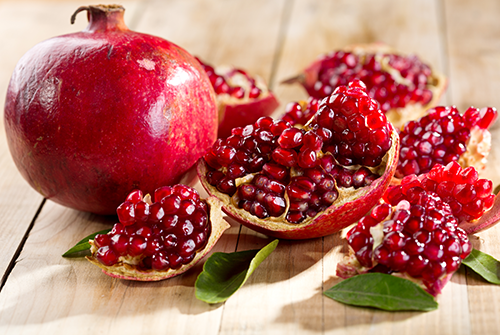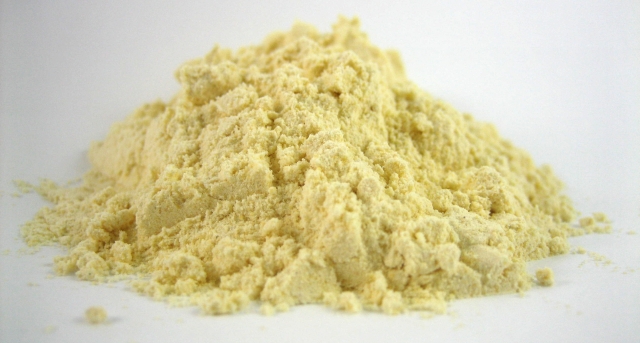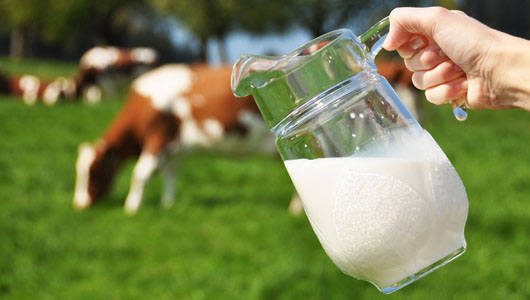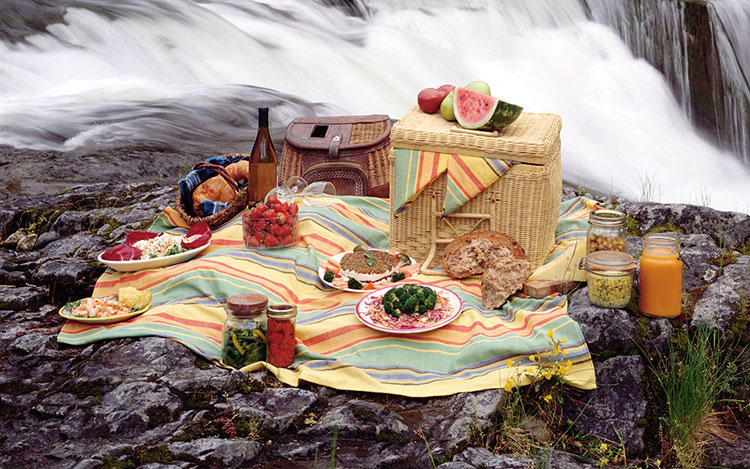 Manners of drinking water
Manners of drinking water
According to Imam Ja’far-e-Sadiq (a.s.), whosoever, while drinking water, remembers Imam Husain (a.s.) and his Ahle Bait and curses his murderers and tormenters, one lakh good deeds will be written in his record, one lakh sins will be forgiven, he will be elevated one lakh times and he will be rewarded to the extent as though he has freed one lakh slaves in the name of God and on the Day of Judgement God will look towards his welfare. If he recites the following while drinking water, it is better:
‘May Allah shower his blessings on Husain (a.s.) and his Ahle bait and his companions. May He increase His curses on the murderers of Husain (a.s.) and his enemies.’
Another reliable tradition from the same Imam (a.s.) asserts that if a person does not drink water when he is feeling thirsty and appeases his thirst late, then God makes him an inhabitant of Heaven. Actually, before appeasing his thirst, he should wait for a while praising Almighty and then drink and at that time God makes Heaven compulsory for him.
In another tradition from the same Imam (a.s.), it is stated that if a person, before drinking water at night recites three times: ‘Salutation to the water of Zam Zam and water of Furat.’ then the water will not harm him.
According to a tradition from Imam Ja’far-e-Sadiq (a.s.), one should not have water while standing, one should not walk around a grave and should not urinate in standing water. If a person does these things, he will be affected by troubles and then he will have to cure himself alone from these.
According to Imam Mohammed Baqir (a.s.), one should say ‘Bismillah’ before drinking water and ‘Alhamdolillah’ after drinking. If the clay container has a handle, then one should take the water from the front and if it is broken from somewhere or has a hole, then one should have water from the other side as both the situations are related to the devil.
The Holy Prophet (s.a.w.a.) has prohibited blowing with mouth in the water.
It is stated that the Holy Prophet (s.a.w.a.) used to drink water in glass utensils which had come as a present from Syria and at times in wooden and leather containers and if none were available, in his hand.
 A tradition states that Hazrat Ali (a.s.) said that fruits are of 120 kinds but the best among them is pomegranate. Pomegranate appeases the hunger and for those who already had their fill, pomegranate helps to digest the food. The Holy Prophet (s.a.w.a.) liked pomegranate the best and he never wanted to share it with others (the cause of which is shown in the next tradition).
A tradition states that Hazrat Ali (a.s.) said that fruits are of 120 kinds but the best among them is pomegranate. Pomegranate appeases the hunger and for those who already had their fill, pomegranate helps to digest the food. The Holy Prophet (s.a.w.a.) liked pomegranate the best and he never wanted to share it with others (the cause of which is shown in the next tradition).







